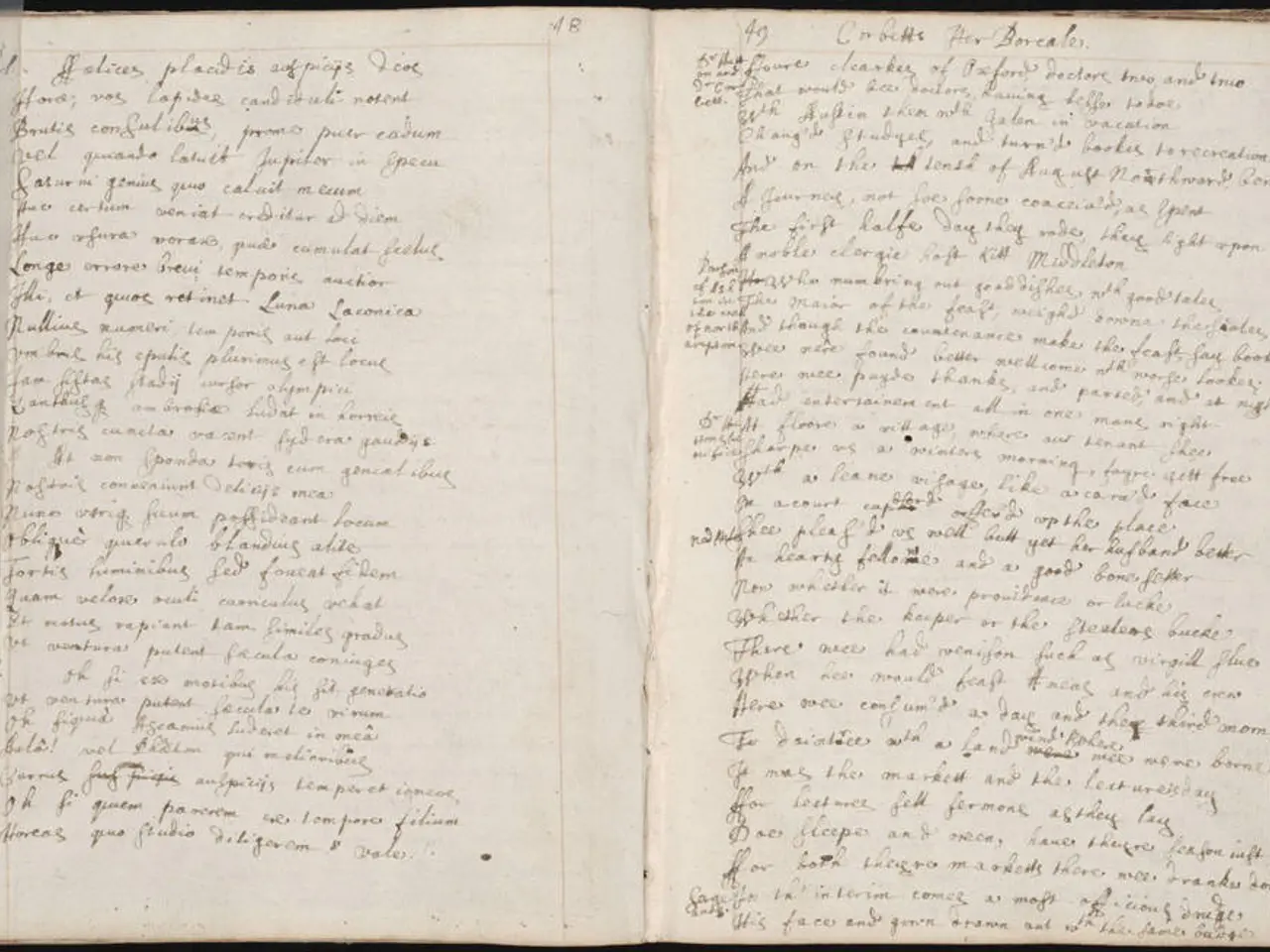Celebrating the Relevance of Carl Jung 150 Years After His Birth
Carl Gustav Jung, born on July 26, 1875, in Kesswil, Switzerland, is renowned for his significant contributions to the field of psychology. Jung is best known for founding analytical psychology, a discipline that expanded the understanding of the human psyche beyond the limitations of Freud's psychoanalysis.
Jung and Sigmund Freud, a prominent collaborator of Jung's, initially formed a friendship and began collaborating after reading each other's works. However, their partnership was fractured in 1913 due to their differing views. Freud emphasized psychoanalysis focused mainly on mental illness, viewing the analyst as separate from the patient, whereas Jung emphasized "psyche-analysis," an exploration of the whole person—mind, soul, and spirit—asserting that everyone is fragmented and on a quest for self-realization.
In his 1912 book "Psychology of the Unconscious," Jung introduced the concepts of the collective unconscious and archetypes. The collective unconscious, a shared psychic substrate, forms the foundation for myths and religion, according to Jung. Archetypes, a key aspect of the collective unconscious, can be found in almost every culture, such as the hero, the sage, and the shadow.
Jung's 1921 paper "Psychological Types" is another groundbreaking work. In this paper, he discussed the now-familiar distinction between extroverts and introverts. Jung argued that extroverts look for external stimulation, while introverts find contentment intrinsically.
Beyond psychology, Jung engaged deeply with Eastern philosophies, such as yoga and tantra, interpreting their symbolic systems within his psychological framework and fostering cross-cultural dialogue that influenced Western understanding of spirituality and consciousness. His concepts have remained influential, continuing to be taught and studied worldwide and impacting Western culture by shaping modern views on personality, myth, religion, and the arts.
Jung's ideas on archetypes had an enormous influence on the work of writers like Joseph Campbell. Campbell's work provided the foundation for George Lucas's Star Wars movies. Screenwriters and teachers of screenwriting have been mining Jung's theories on archetypes since.
Despite a decline in Jung's influence in psychology in the 21st century, his impact on culture persists. His research led him to work among various Indigenous peoples in the United States, Kenya, Egypt, and India. Jung gave up his psychological practice in 1944 after suffering a heart attack. Emma Jung, his wife and collaborator, died in 1955. Jung himself died in 1961.
In conclusion, Jung's historical significance lies in broadening psychology to include spirituality, symbolism, and cultural dimensions of the psyche, thus impacting not only clinical psychology but also wide aspects of Western intellectual and cultural life. His ideas continue to shape our understanding of human nature and the human psyche, making him a pivotal figure in the development of psychology.
Science has long been enriched by the foundational ideas of Carl Gustav Jung, who extended the understanding of human psychology through his exploration of the psyche, soul, and spirit, a domain he termed as "psyche-analysis." To this day, numerous health-and-wellness practices incorporate his theories, particularly in the realm of mental-health treatments, as seen in therapies and treatments that emphasize self-realization and the exploration of archetypes.




